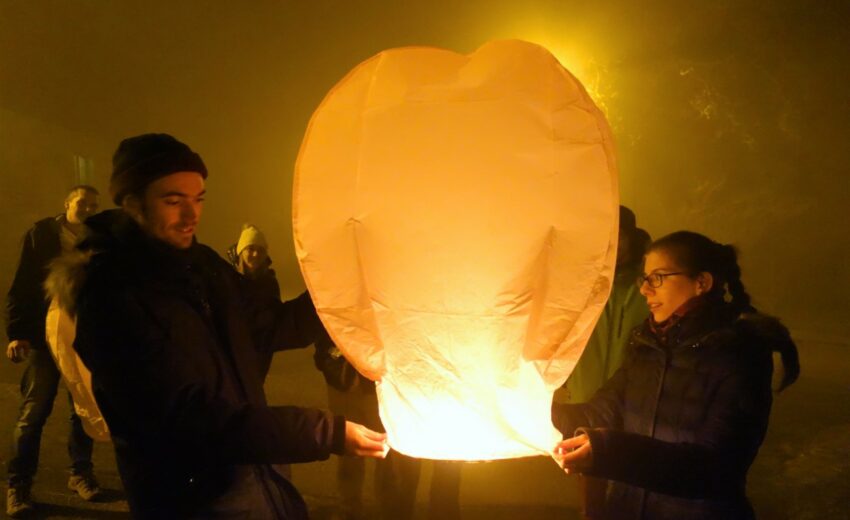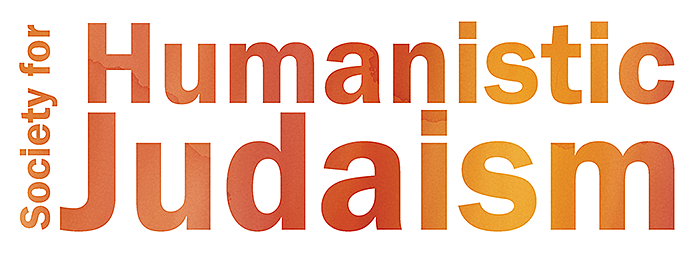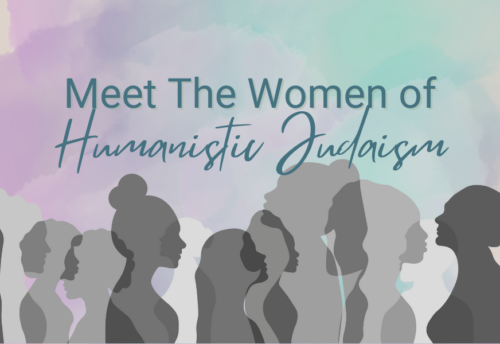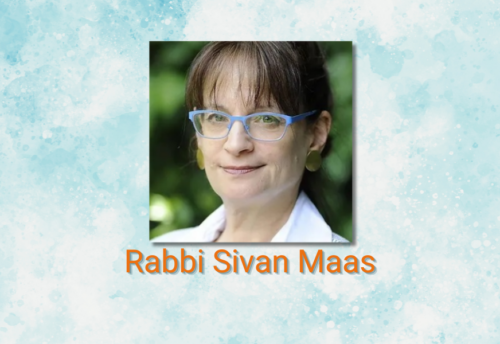
Fabienne Celine Sauer has adopted Humanistic Judaism and taken the Hebrew name Meira, which means “giving light” or “shining”. Her statement of affirmation follows:
Humanistic Judaism resonates with many of my views I held before first hearing about it. I strongly believe that humanity has both the capability and responsibility to create a framework of ethics and morality without relying on a higher power to solve its problems. I also believe that it is essential for human happiness to never stop learning, create deep connections with the people in our communities, and tell the stories of where we came from. This way, we develop a secure sense of identity, belonging and responsibility in this world. To me, many elements of Jewish culture fit the framework of humanistic values exceptionally well. The emphasis on life-long studying, tikkun olam, and communal celebration of holidays and life cycle events are elements that are particularly close to my heart.
I am glad to have been introduced to an approach to Judaism that fosters a connection to its history and roots, the Jewish texts and rituals passed down for centuries, while allowing people to study and practice them in a human-centered, non-theistic way that does not lose sight of their essence. I believe that their meaning can be elevated and made productive for our current context through personal reflection and discussion. Sherwin Wine writes that new Judaism finds humanistic value in the Jewish identity and suggests a view of Jewish history and text interpretation that is applicable to society today. Humanistic Judaism therefore is, to me, a practical way of life, a guide for living with consideration to the past and the future.
When I first heard of the term “adoption” instead of “conversion”, I felt instant gratitude. Despite not believing in any supernatural power, I do not come to Judaism as a blank slate. It would be difficult for me to part with certain customs I grew up with, which are as much an expression of the dominant religion, as they are of the local culture of my home, which is dear to me. Those two are so inseparably entangled that I often cannot distinguish between “Christian” and “Swiss”, “from Zurich”, or “general Alpine culture”. Giving up these traditions and foods because of their vague connection to Christianity would mean losing a part of my cultural identity. I am happy the Humanistic Jewish adoption process acknowledges this and allows me to gladly open my heart to new practices I can incorporate into my new life as a Swiss person and a Humanistic Jew.
I am excited to be able to participate in the Jewish experience from now on feeling that I am an accepted member. I am so pleased to adopt the practices and philosophy of Humanistic Judaism, as well as being adopted myself into this wonderful community. Along with my partner, who introduced me to this movement as the one he most closely feels aligned with, I want my future family to be rooted in humanistic values and my future children to grow up learning about and cherishing their cultural Jewish heritage.




Leave a Reply